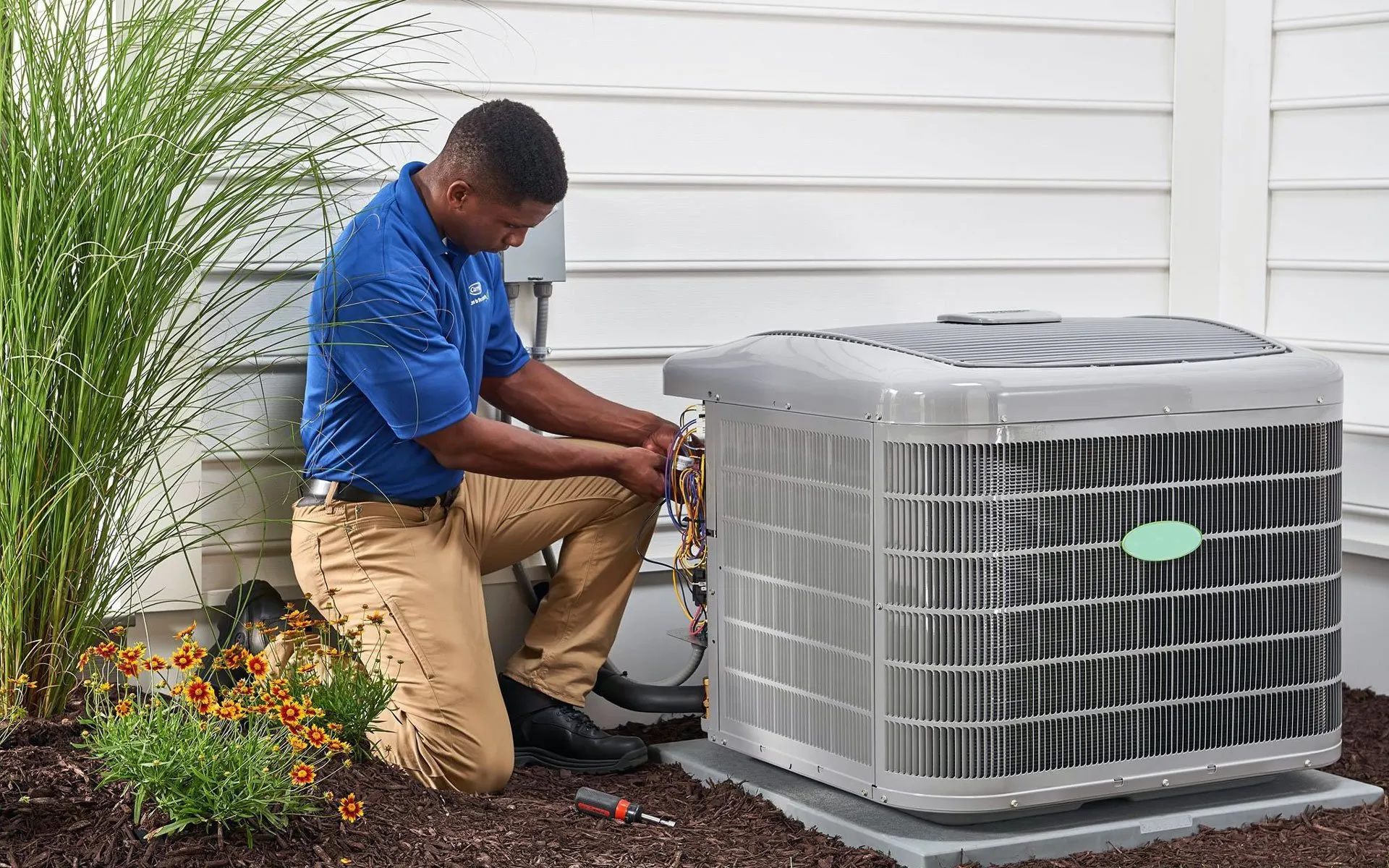The heating, ventilation, and air conditioning unit plays a key role in ensuring comfort throughout your living space during the shifting seasons. It not only manages temperature but also affects indoor air quality and power efficiency. But, like any major home appliance, your HVAC system has a lifespan and may call for an upgrade after a long time of service. Noticing the signs which your system is having issues can protect you from unexpected breakdowns and increased energy bills in the end.
If you find yourself regularly changing the thermostat, facing unsteady temperatures, or dealing with high energy costs, it may be time to evaluate your HVAC system. In this article, we will discuss the key signs that indicate your HVAC system might require an upgrade. By understanding these warning signals, you can make educated decisions about your heating and cooling systems and invest in solutions that enhance both comfort and efficiency in your home.
Understanding HVAC Units

HVAC stands for climate control, air flow, and air conditioning. These units are crucial for maintaining pleasant indoor temperatures and air quality in homes and structures. The main function of an HVAC unit is to control heat, ensuring that areas are warm during winter months and chilly in the hot season. Moreover, these systems play a vital role in filtering and circulating air, which aids to a clean indoor environment.
How your heating and cooling system works comprises different components, including heaters, air conditioners, ductwork, and temperature controls. The heating element warms the air, while the cooling system cools it. Ventilation occurs through the circulation of air inside and outside, ensuring new air access while removing old air. Comprehending these components helps homeowners recognize when their systems may need attention or improvements.
Common issues can occur over the years, leading to decreased performance and higher energy costs. Problems such as dirty filters, worn-out parts, or duct leaks can hinder system performance. Regular maintenance is crucial for extending the longevity of your heating and cooling unit and making sure it operates at optimal performance. By noticing signs of deterioration early on, homeowners can make wise choices about repairs or required improvements.
Frequent HVAC Problems and Solutions
One of the most frequent problems homeowners face is insufficient heating or cooling. This issue often arises from dirty filters, blocked ducts, or faulty thermostats. https://anotepad.com/notes/rkt3q88h , including replacing air filters and ensuring proper airflow, can alleviate these issues. If the issue continues, it may be wise to consult a professional to diagnose potential problems with the HVAC system's components.
Another common issue is strange noises coming from the HVAC unit, such as thumping, scraping, or squealing sounds. These noises can indicate unsecured or damaged parts, worn bearings, or even foreign objects in the blower. Homeowners should address these sounds promptly, as they can lead to more severe damage if ignored. Scheduling seasonal maintenance can help detect and fix these problems before they worsen.
Finally, high energy bills often signal inefficiencies in an HVAC system. These issues can stem from old units, poor insulation, or incorrect thermostat settings. https://rosy-frog-nrljmw.mystrikingly.com/blog/advanced-thermostats-the-future-of-thermal-regulation can enhance energy efficiency by sealing ducts, replacing to Energy Star-rated units, and using smart thermostats to better manage heating and cooling schedules. Assessing and addressing these issues can lead to significant savings and better comfort.
Deciding on and Managing Your HVAC System
When choosing an HVAC system for your home, it is crucial to take into account factors such as the size of your home, local weather, and energy performance ratings. Carrying out a load calculation helps determine the correct unit size, ensuring ideal performance without overspending on energy costs. It is also advantageous to explore innovative options like ductless mini-split systems or geothermal heating and cooling, which may offer superior efficiency and versatility compared to traditional systems. Investigating various brands and consulting HVAC professionals can also guide you towards a system that adequately fulfills your needs.
Once your HVAC system is put in place, routine maintenance is vital for its durability and efficiency. Seasonal tune-ups, which include cleaning filters, examining ductwork, and inspecting components, help prevent breakdowns and prolong the life of your system. Keeping an eye on your energy costs can also be a helpful indicator of your system's health; any sudden rise in costs can signal problems that need to be resolved promptly. Arranging maintenance in spring and fall prepares your system for the challenges of severe weather, ensuring reliable performance year-round.
Upgrading in a smart thermostat can boost your HVAC system's efficiency even more. air conditioning service allow you to program temperature settings based on your schedule, helping to minimize energy consumption while keeping comfort. Additionally, incorporating high-quality air filters can improve indoor air quality, minimize allergens, and shield your system from dust and debris buildup. Overall, a diligent approach to choosing and maintaining your HVAC system will result in better performance, lower energy costs, and a healthier home environment.
